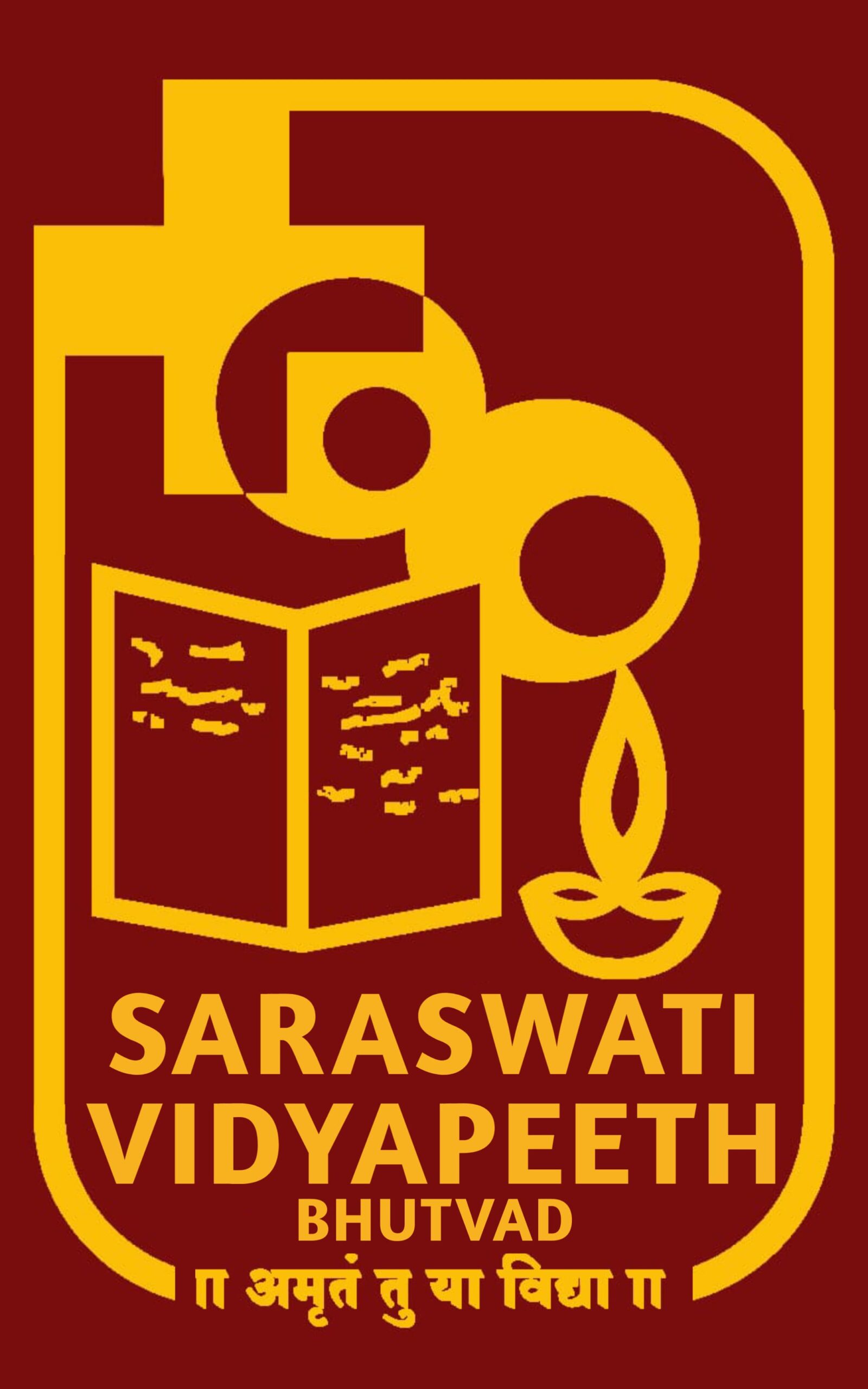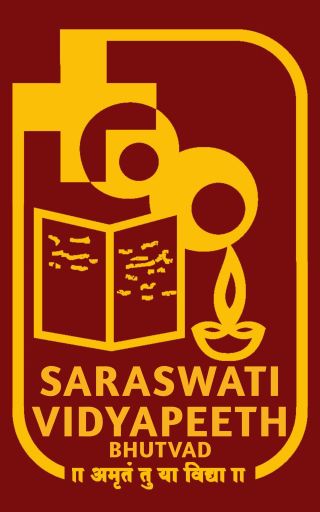The Master of Education (M.Ed.) is a postgraduate degree aimed at advancing knowledge and skills in the field of education. It is designed for educators, administrators, and professionals seeking leadership roles or specialization in areas such as curriculum development, educational psychology, or educational technology.
The program typically includes advanced coursework, research methodology, and a dissertation or project. M.Ed. enhances critical thinking, research, and instructional skills, preparing graduates for roles in teaching, policy-making, training, or academic administration.
It also serves as a foundation for doctoral studies in education.
Mode of Admission
| Admission Period | May – June (Every Year) |
| Duration | 4 Semester (2 Year) |
| Prerequisites | B.Ed. , D.El.Ed.(P.T.C.) |
| Intake | 50 |
| Admission | Open for Year 2025 – 26 |
Course Outcomes at Saurashtra University
- Research Skills: Understand different research methods, Equipping scholars with relevant tools and techniques, Data collection and analysis by using statistical measures, use of conceptual understanding in practical research work and writing a research report.
- Analytical And Interpretative Skills: Enhance the analytical and interpretation skills of data, Scholars are well trained in using statistical measures, software’s(SPSS) (MS EXCEL) etc.
- Decision Making Skills: Enable them to solve various problems of school management and classroom management.
- Use of Technology: Understand the innovative technology and tools of ICT and their use in teaching learning environment. Use of ICT in research perspective, design and develop ICT integrated learning resources, analysis and interpretation of the research data with the help of ICT.
- Social Resilience: Understand about social entities and enable to tolerate absorb, cope up with adverse conditions of life.
- Effective Citizen Ethics: Understand different values, morality, social service and accept responsibility for the society.
- Assessment Skills: Identify areas of primary and secondary education assessment, construction of tools, assess syllabi and text book of primary and secondary education.
- Structuring The Curricular: Understand the basis, principles and process of curriculum development at primary and secondary level.
- Understand the historical political and economy aspect of education, learn to apply various research methods and academic writing for educational research. ICT for research and innovative teaching methods.
- Understand about various philosophies and their role in education. Expose the aims, learning strategies, discipline and experiences of education. Inculcate the entrepreneurship skills and self-development.
- Enable the students to formulate research questions, addressing social and organizational issues, able to apply scientific methods and theoretical insights to address real world business and societal challenges.
- Enable them to develop an appreciation for the importance of balancing between rigor and relevance in teaching and research, develop skills for effective oral and written communication of scholarly findings and to comprehend the policies and plans related to the field of education.
M. Ed.
Menu


